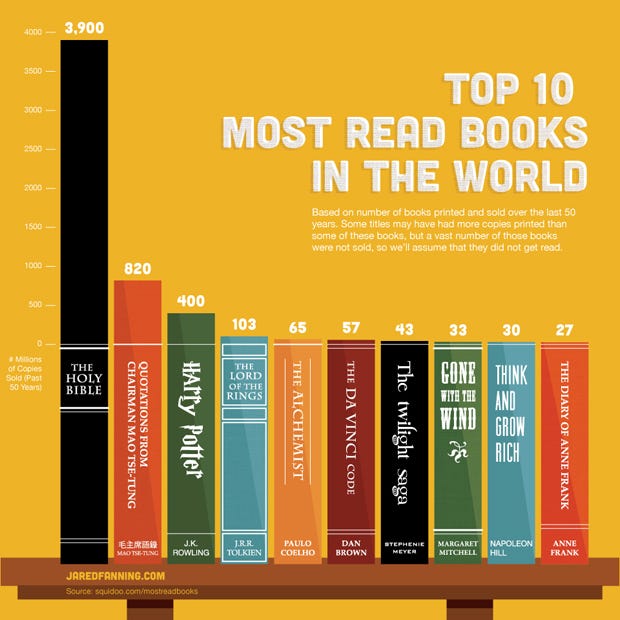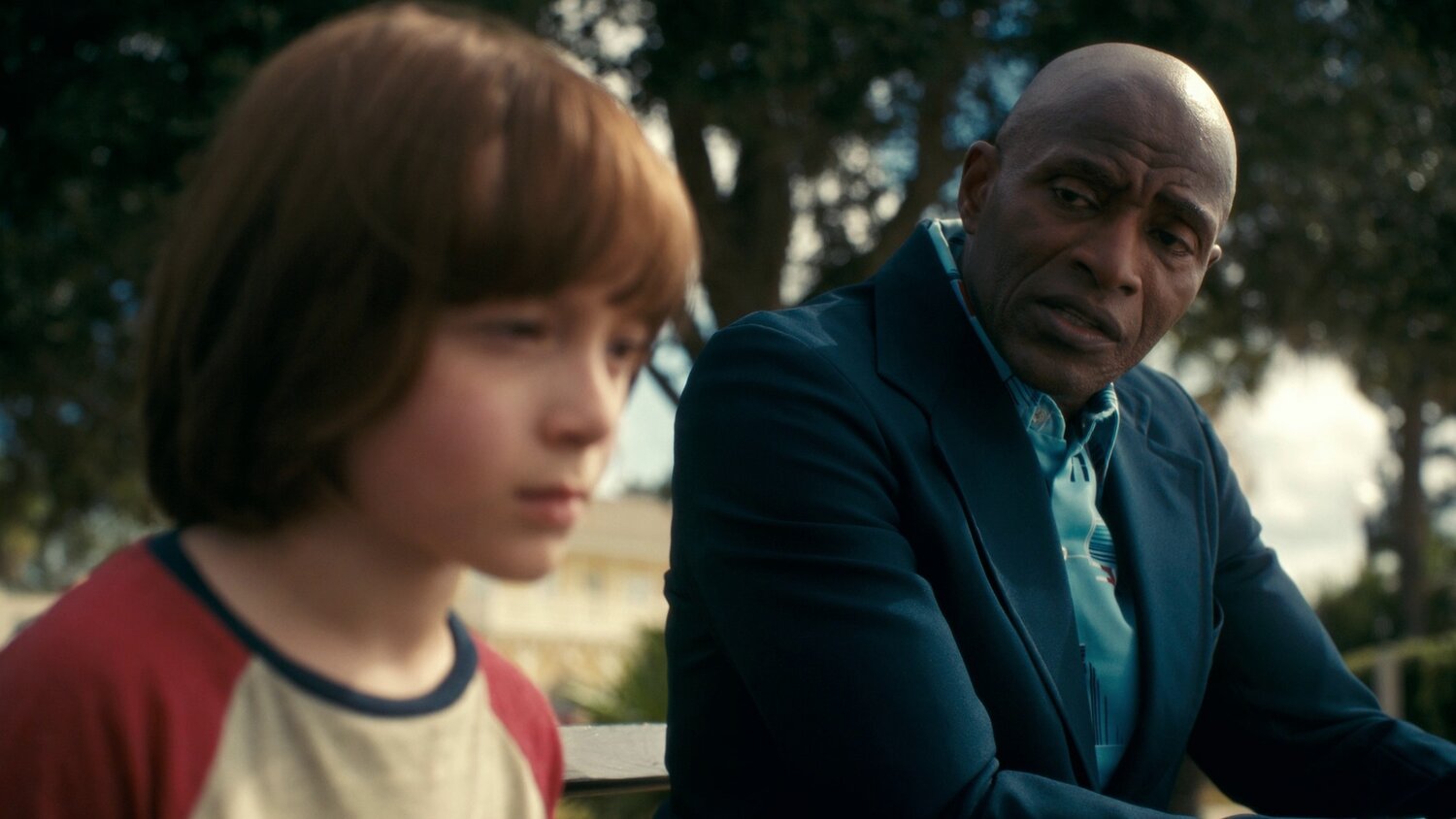Mort Rainey: The Writer Accused Of Plagiarism From Secret Window, Secret Garden
In the world of literature, scandals can sometimes overshadow the brilliance of an author’s work. One such scandal involves the renowned writer, Mort Rainey, who found himself at the center of controversy for alleged plagiarism from his own novella, “Secret Window, Secret Garden.” In this captivating tale, Rainey’s life takes a dark turn when he is accused of stealing his own work, leaving readers and fans astounded. Join me as we delve into the intriguing story of Mort Rainey, the writer accused of plagiarism, and uncover the secrets behind “Secret Window, Secret Garden.”
Mort Rainey, a talented and celebrated author, had always been known for his unique storytelling abilities. However, his life took an unexpected twist when a mysterious stranger appeared, accusing him of stealing his own story. It was a perplexing claim that left Rainey bewildered and his reputation hanging in the balance. As we navigate through the twists and turns of this gripping narrative, we will uncover the truth behind the allegations and the impact they had on Rainey’s career.
Through this article, we will explore the controversy surrounding Mort Rainey, shedding light on the accusations of plagiarism from his own work, “Secret Window, Secret Garden.” We will delve into the intricate details of the case, examining the evidence and unraveling the motivations behind such a bizarre claim. Join me on this suspenseful journey as we uncover the truth behind Mort Rainey’s alleged plagiarism and discover the secrets that lie within the pages of “Secret Window, Secret Garden.”

Mort Rainey: The Writer Accused of Plagiarism from Secret Window, Secret Garden
Mort Rainey is a fictional character created by author Stephen King, who is known for his psychological thrillers and horror novels. In the 2004 film adaptation of King’s novella “Secret Window, Secret Garden,” Mort Rainey is portrayed by actor Johnny Depp. The character of Mort Rainey is a successful writer who becomes the target of accusations of plagiarism.
The Plot of “Secret Window, Secret Garden”
“Secret Window, Secret Garden” is a psychological horror novella written by Stephen King, which was first published in 1990. The story follows Mort Rainey, a successful writer who is going through a divorce and experiencing writer’s block. He retreats to his secluded cabin in upstate New York to work on his latest novel.
As Rainey struggles with his writing, a man named John Shooter appears at his doorstep, accusing Rainey of plagiarizing his story. Shooter claims that Rainey stole the story from him and demands that Rainey correct the situation. Rainey denies the accusations, but Shooter becomes increasingly aggressive and threatening.
The Allegations of Plagiarism
The allegations of plagiarism against Mort Rainey in “Secret Window, Secret Garden” serve as the central conflict of the story. Shooter presents Rainey with a manuscript that is eerily similar to Rainey’s published work, providing evidence to support his claim. Rainey insists that he wrote his story independently and has never seen Shooter or his work before.
The tension escalates as Shooter becomes more insistent and violent, wreaking havoc on Rainey’s life. Rainey’s friends and acquaintances begin to doubt him, questioning his integrity as a writer. The accusations of plagiarism not only threaten Rainey’s reputation but also his sanity and safety.
The Psychological Thriller Elements
“Secret Window, Secret Garden” is a psychological thriller that delves into the mind of Mort Rainey as he grapples with the accusations of plagiarism and the increasingly menacing presence of John Shooter. The novella explores themes of identity, guilt, and the blurred lines between reality and fiction.
As the story progresses, Rainey’s mental state deteriorates, and the boundaries between his own reality and the world of his novel begin to blur. The reader is taken on a suspenseful journey as Rainey tries to uncover the truth behind Shooter’s allegations while battling his own demons.
The psychological thriller elements of “Secret Window, Secret Garden” keep readers on the edge of their seats, questioning the reliability of the narrator and the true nature of the events unfolding.
The Film Adaptation – “Secret Window”
In 2004, “Secret Window, Secret Garden” was adapted into a film titled “Secret Window,” directed by David Koepp. The film starred Johnny Depp as Mort Rainey and featured a talented cast, including John Turturro and Maria Bello.
The film follows the same basic storyline as the novella, with Rainey being accused of plagiarism by a mysterious stranger named John Shooter. However, there are some notable differences between the film and the original story.
Differences Between the Novella and the Film
One significant difference in the film adaptation is the setting. While the novella takes place in upstate New York, the film is set in a small town in Mississippi. This change in location adds a different atmosphere to the story and alters the dynamics between the characters.
The film also expands on certain aspects of the novella, delving deeper into Rainey’s troubled past and his relationship with his ex-wife Amy, played by Maria Bello. These additions provide additional context and character development, enhancing the emotional depth of the film.
Johnny Depp’s Portrayal of Mort Rainey
Johnny Depp’s portrayal of Mort Rainey in “Secret Window” received critical acclaim for his ability to capture the character’s complexities. Depp brings Rainey to life with his trademark intensity and eccentricity, making the character both sympathetic and unsettling.
Depp’s performance showcases Rainey’s descent into madness, as he becomes consumed by the accusations of plagiarism and the presence of John Shooter. His portrayal adds an extra layer of intrigue to the film adaptation, keeping viewers engaged and invested in Rainey’s journey.
The Impact of “Secret Window, Secret Garden”
“Secret Window, Secret Garden” and its film adaptation, “Secret Window,” have had a lasting impact on audiences and the literary and film communities. The story’s exploration of the blurred lines between reality and fiction, as well as its examination of the creative process and the consequences of plagiarism, resonate with readers and viewers alike.
The character of Mort Rainey and his struggle with allegations of plagiarism have sparked discussions about the nature of creativity and the ethical responsibilities of artists. The story serves as a cautionary tale, reminding writers of the importance of originality and the potential consequences of intellectual theft.
In conclusion, “Secret Window, Secret Garden” and its film adaptation “Secret Window” provide a gripping exploration of the consequences of plagiarism and the psychological toll it can take on a writer. Mort Rainey’s journey serves as a reminder of the importance of integrity in the creative process and the potential dangers of crossing ethical boundaries.
Key Takeaways: Mort Rainey – The Writer Accused of Plagiarism from Secret Window, Secret Garden
- Mort Rainey is a writer accused of stealing ideas from the book Secret Window, Secret Garden.
- Secret Window, Secret Garden is a story written by Stephen King.
- Plagiarism is when someone takes someone else’s work and presents it as their own.
- Mort Rainey’s plagiarism accusation caused controversy in the literary world.
- It is important to always give credit to the original authors and avoid plagiarism.
Frequently Asked Questions
Here are some frequently asked questions about Mort Rainey, the writer accused of plagiarism from “Secret Window, Secret Garden”.
1. Who is Mort Rainey and what is his connection to “Secret Window, Secret Garden”?
Mort Rainey is a fictional character created by author Stephen King. He is the central character in the novella “Secret Window, Secret Garden,” which was later adapted into a film of the same name. In the story, Rainey is a successful writer who becomes the target of a man named John Shooter, who accuses him of plagiarizing his work.
As the plot unfolds, Rainey is pushed to the brink as Shooter’s threats escalate, leading to a tense and suspenseful climax. Rainey’s character is known for his troubled past and his struggle with writer’s block, which adds depth to the story and makes him a compelling protagonist.
2. Was Mort Rainey really guilty of plagiarism?
In the world of “Secret Window, Secret Garden,” Mort Rainey is accused of plagiarism by John Shooter. However, it is important to remember that Mort Rainey is a fictional character, and his guilt or innocence is part of the story’s narrative. In the context of the novella and film, Rainey vehemently denies the allegations and claims that Shooter is mistaken.
The question of Rainey’s guilt or innocence is left ambiguous, allowing readers and viewers to form their own interpretations. The story explores themes of identity, obsession, and the blurred lines between reality and fiction, making it a thought-provoking and suspenseful tale.
3. How does the accusation of plagiarism impact Mort Rainey’s life?
The accusation of plagiarism has a profound impact on Mort Rainey’s life in “Secret Window, Secret Garden.” As a successful writer, Rainey’s reputation and career are at stake when Shooter claims that Rainey stole his story. Rainey becomes consumed by the accusation and is driven to defend his integrity.
The pressure and stress of the situation take a toll on Rainey’s mental and emotional well-being. He becomes increasingly paranoid and isolated, fearing for his safety and sanity. The accusation of plagiarism becomes a catalyst for a series of events that unravel Rainey’s life and lead to a shocking revelation.
4. What are some key themes explored in “Secret Window, Secret Garden”?
“Secret Window, Secret Garden” explores several key themes, including identity, obsession, and the power of storytelling. The story delves into the question of who we truly are and the masks we wear to hide our true selves. It examines the destructive nature of obsession and the lengths people will go to protect their secrets.
The power of storytelling is also a significant theme in the novella and film. It raises questions about the ownership of ideas, the blurred lines between fiction and reality, and the consequences of using someone else’s work without permission. The story serves as a cautionary tale about the dangers of plagiarism and the impact it can have on both the accused and the accuser.
5. What is the significance of the title “Secret Window, Secret Garden”?
The title “Secret Window, Secret Garden” holds symbolic significance within the story. The “secret window” represents a hidden part of Mort Rainey’s psyche, a window into his troubled past and the dark secrets he carries. It serves as a metaphor for the hidden depths of the human mind and the secrets we keep hidden from the world.
The “secret garden” symbolizes the untapped potential within Rainey and his struggle to unlock his creativity. It represents a hidden sanctuary where Rainey can find solace and inspiration amidst the chaos of his life. The title encapsulates the themes of hidden truths, personal growth, and the power of imagination that are explored throughout the story.
Secret Window (2004) – Accused of plagiarism , mystery writer taken aback by accuser
Final Thoughts: Mort Rainey, the Writer Accused of Plagiarism from “Secret Window, Secret Garden”
In the world of literature, the name Mort Rainey has become synonymous with controversy and intrigue. The story of a successful writer accused of plagiarism in the movie “Secret Window, Secret Garden” has captivated audiences and sparked heated debates. As we delve into the final chapters of this compelling tale, it’s clear that the impact of this story goes far beyond the silver screen.
Throughout the film, we witness Mort Rainey’s descent into madness as he grapples with the accusations of plagiarism. The character’s internal struggles serve as a metaphor for the challenges faced by writers in the real world. The fear of being accused of stealing someone else’s work can be paralyzing, and Rainey’s journey reminds us of the importance of integrity and originality in the creative process.
While the story may be fictional, it raises important questions about the nature of inspiration and the ethical boundaries of art. It serves as a cautionary tale, reminding us of the consequences that can arise when lines are blurred and credit is not given where it is due. As we reach the conclusion of this gripping narrative, we are left pondering the power of storytelling and the impact it can have on both the creator and the audience.
In the end, “Secret Window, Secret Garden” and the character of Mort Rainey remind us that writing is not merely about the words on the page, but about the journey of self-discovery and the responsibility that comes with wielding the power of storytelling. It is a reminder to aspiring writers to stay true to their own unique voice and to always give credit where credit is due. As we close the book on this tale, let us reflect on the lessons learned and carry them forward into our own literary endeavors.






